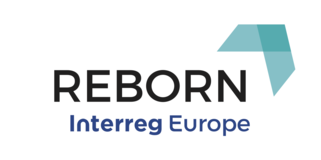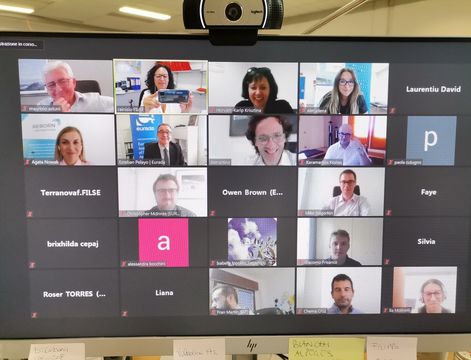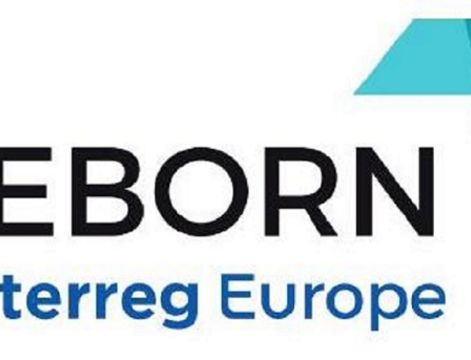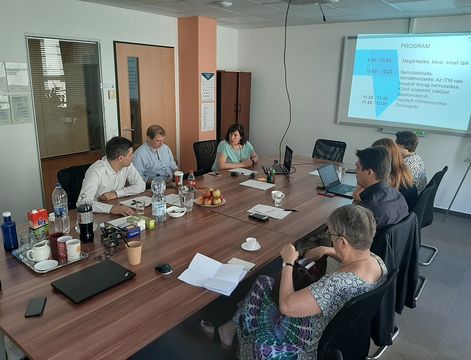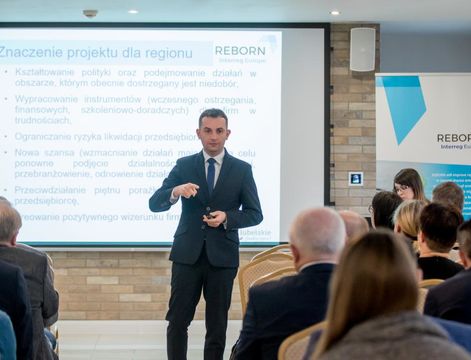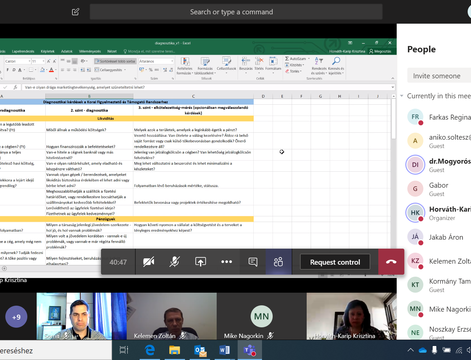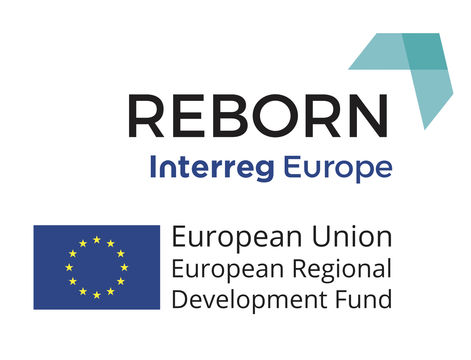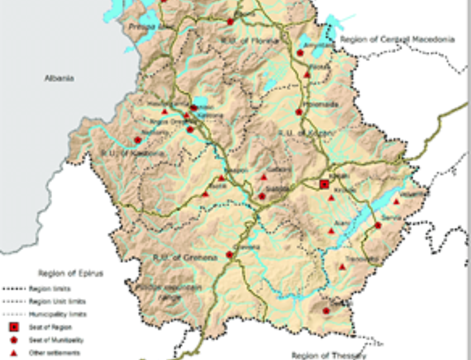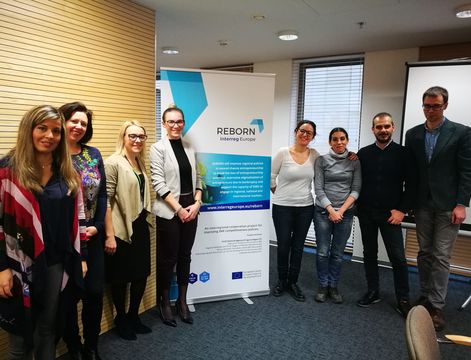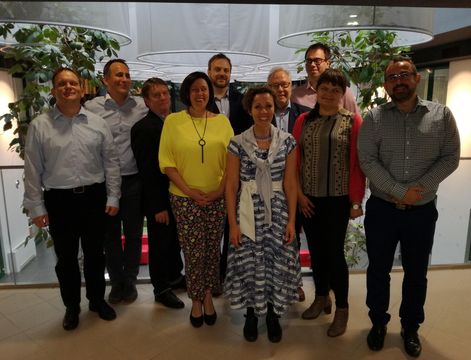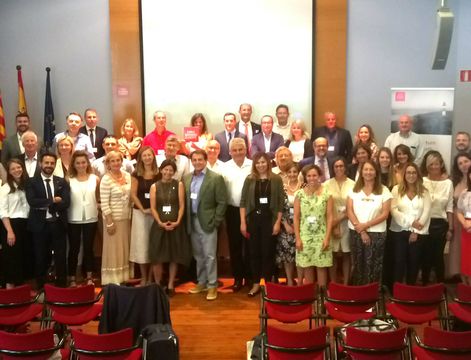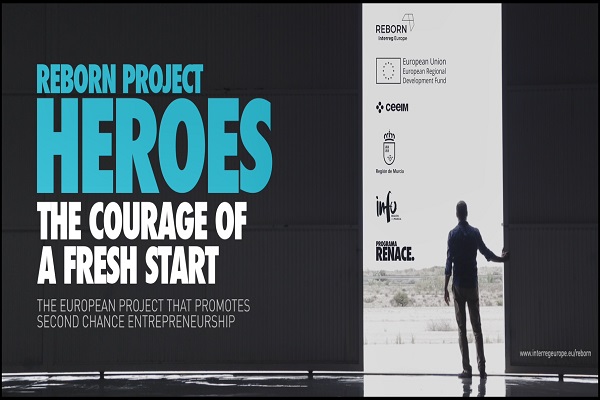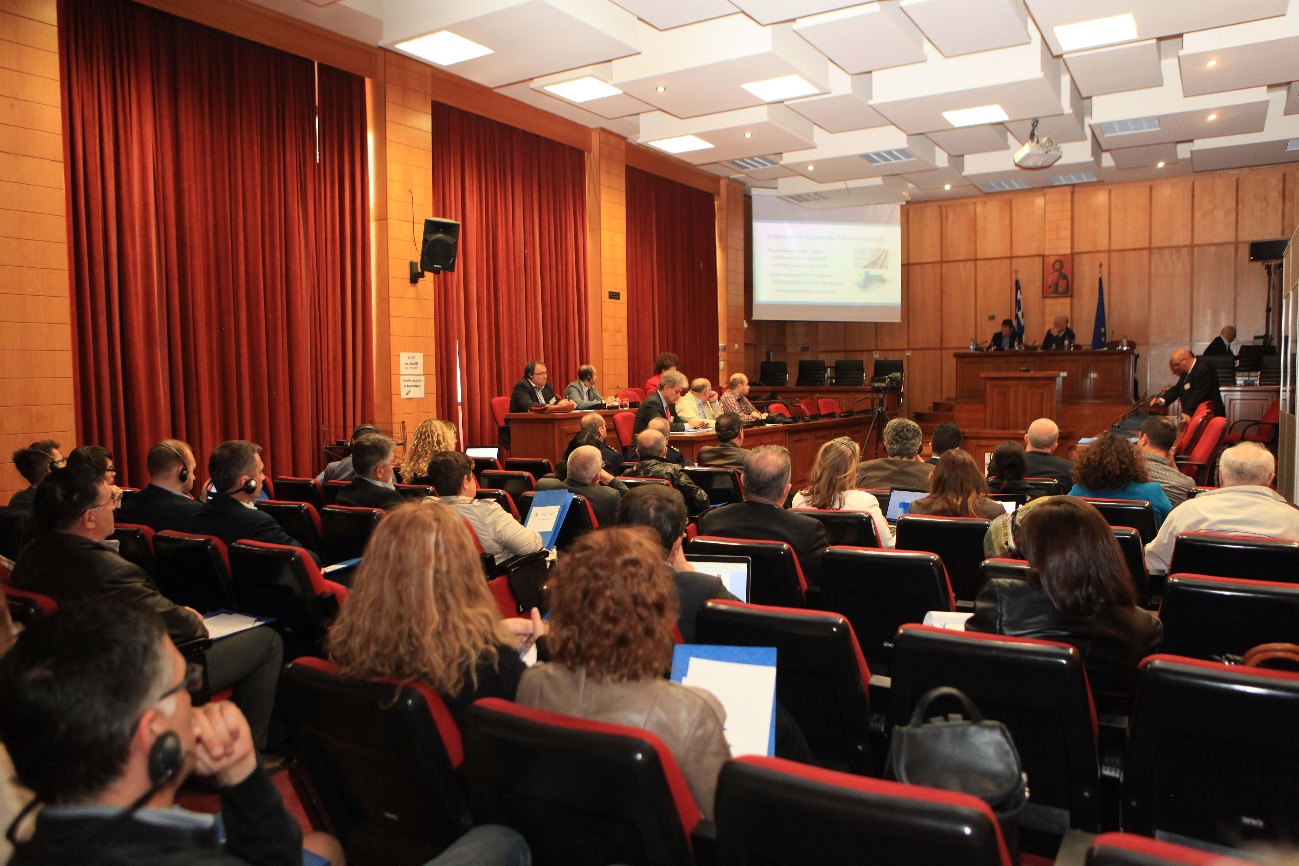SECOND STAKEHOLDER GROUP MEETING | REBORN PROJECT
The second meeting of the stakeholder group began with the reminder of the general objective of the project and the explanation of the actual situation in the chronological frame.
Then, three main topics were discussed during the meeting:
1. Revision and corroboration of the regional report draft.
This point leads the group to an analysis of the regional situation, and some changes were suggested related to the DAFO, such us:
- Add to the list of weaknesses the lack of specific training in debt management.
- The idea of the need about having more education in failure inside entrepreneurial workshops was pointed. Adding failure and emotional aspects as a normal thematic to learn about. Also, it is necessary to emphasize the legal training of the entrepreneur explaining clear concepts about business administration topics.
- About the list of threats, recklessly entrepreneurship was added.
2. Furthermore, the CAME analysis was also revised.
The main points that came to light after the revision of the came were:
- It would be a great dissemination campaign to encourage and finish with the stigmatization of failure: to create a book of 25 re-entrepreneurs of the Region of Murcia. Testimonial format will have more impact in the society.
- As previously stated, it is highly recommended to include the “management of failure” as a normal thematic in entrepreneur learning process.
3. Once we have detected the main weaknesses in the region about re-entrepreneurship, the group chose the best practice to import to the region.
After studying the best practices suggested by P3 through the recommendation paper of import/export best practices among REBORN regions we decided that the Belgium best practice: “Recovering Club &Workshops” was the best one to import to the Region of Murcia.
The reason of choosing Belgium Region for the study visits it that this program is quite similar to the program that is recently developing in Murcia: RENACE. Both programs propose to accompany applicants on the pathway to restarting after bankruptcy.
On the other hand, the idea of having a learning process in the region in order to show us the latest and more recent changes in law about re-entrepreneurship will give us the opportunity to learn and import those changes.
